9 April 2025
If you've ever sunk hours into an action-packed video game, then you probably know this to be true: customization has become a game-changer. Whether it's tweaking the look of your character, adjusting the difficulty, or modifying how your weapons behave, customization doesn't just make a game more personal—it makes it more immersive. But why is customization such a big deal when it comes to action games? Let's dive into this topic to understand why players crave that tailor-made experience, and how it keeps us glued to our screens for countless hours. 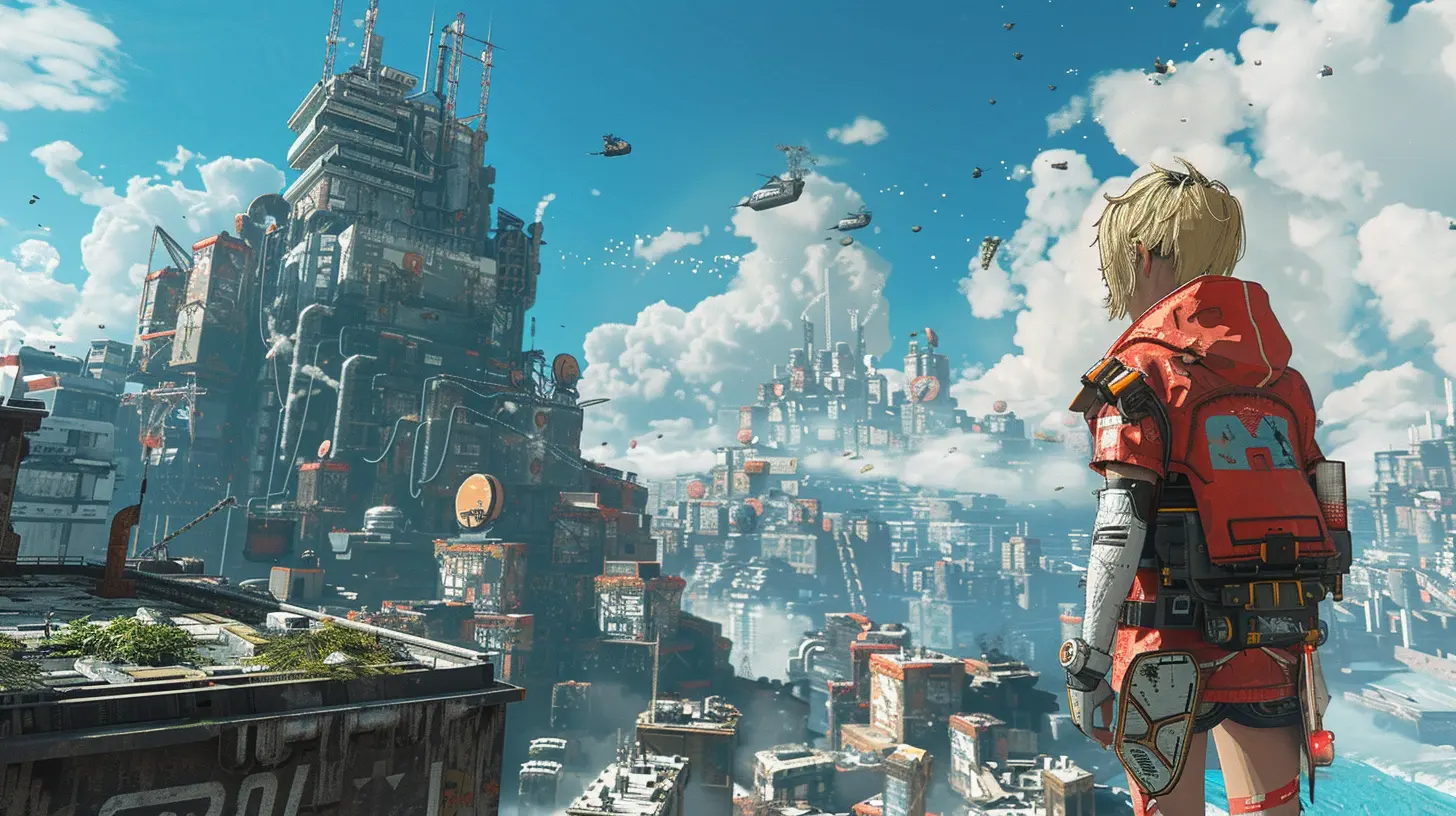
Setting the Stage: What Is Customization in Action Games?
First things first, let's define what we mean by "customization" in the context of action gameplay. This isn't just about slapping a neon pink skin on your protagonist (although that's undeniably fun). It covers anything that lets the player make the game their own.- Character Customization: From facial features to clothing styles, creating a hero that reflects you is the first step in immersion.
- Gameplay Adjustments: Think difficulty sliders, accessibility options, or tweaks to the game mechanics.
- Weapons and Gear: Custom loadouts, weapon skins, and upgrades dial up the personalization factor.
- World Interaction: Customizing how you interact with the game world, like choosing dialogue paths or deciding your character's moral compass.
No matter the type, the effect is the same: customization puts the player in control—a rare thing in a world where we have so little control over, well, pretty much everything else. 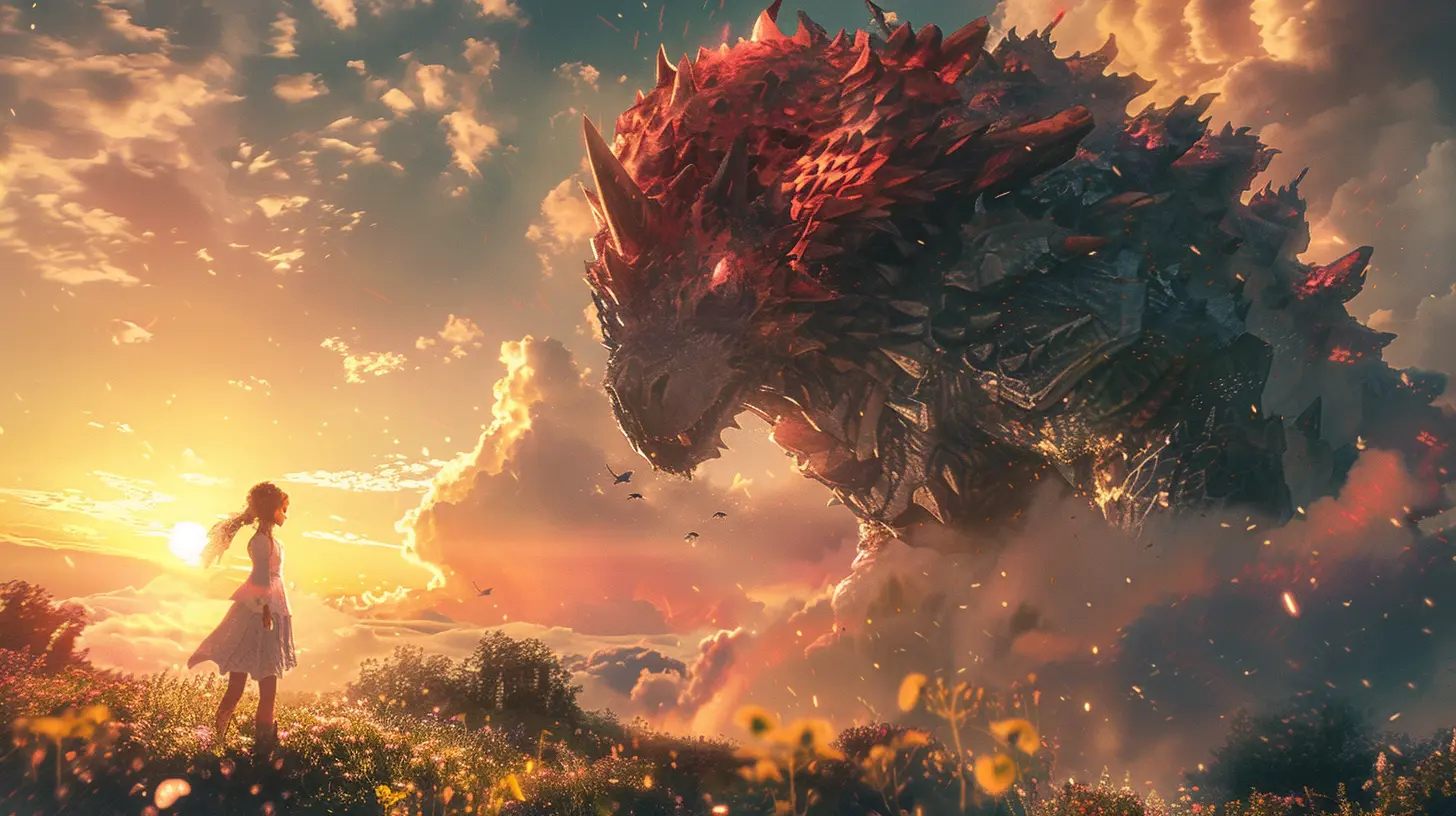
Why Customization Feeds Into Immersion
Ever tried to wear someone else’s shoes for a day? Even if they fit, they don’t feel right. The same principle applies to video games. Pre-packaged characters, rigid gameplay mechanics, and lack of choices can sometimes feel like you're playing someone else’s story, not your own. But give players the ability to shape their experience, and it turns into their story.1. Ownership Over the Experience
When you mold your playable character or decide how a weapon behaves, it feels like it's yours. And guess what? That investment amps up how connected you feel to the game. It’s like painting your own masterpiece versus buying a print at a store. Games like Cyberpunk 2077 and The Elder Scrolls V: Skyrim understand this perfectly—they offer deep customization options that let you create a world that feels uniquely yours.2. Personal Identity in a Digital World
No one likes being just another cog in the machine, right? Customization lets players express their personality in ways that feel meaningful. Maybe you give your character punk rock vibes to match your IRL style or maybe you design them as your complete opposite. Either way, this ability to project our identity (or experiment with new ones) keeps us locked into the experience.3. Increased Replayability
Let’s face it, replaying the same linear storyline in a game can get stale. But give players a sandbox of customization options, and boom—suddenly, there’s endless replayability. Want to try being a stealthy assassin this time? Or maybe a guns-blazing tank? Each playthrough feels like a fresh experience. Games like Borderlands and Mass Effect thrive on this concept, offering layers of choices that ripple through every aspect of gameplay.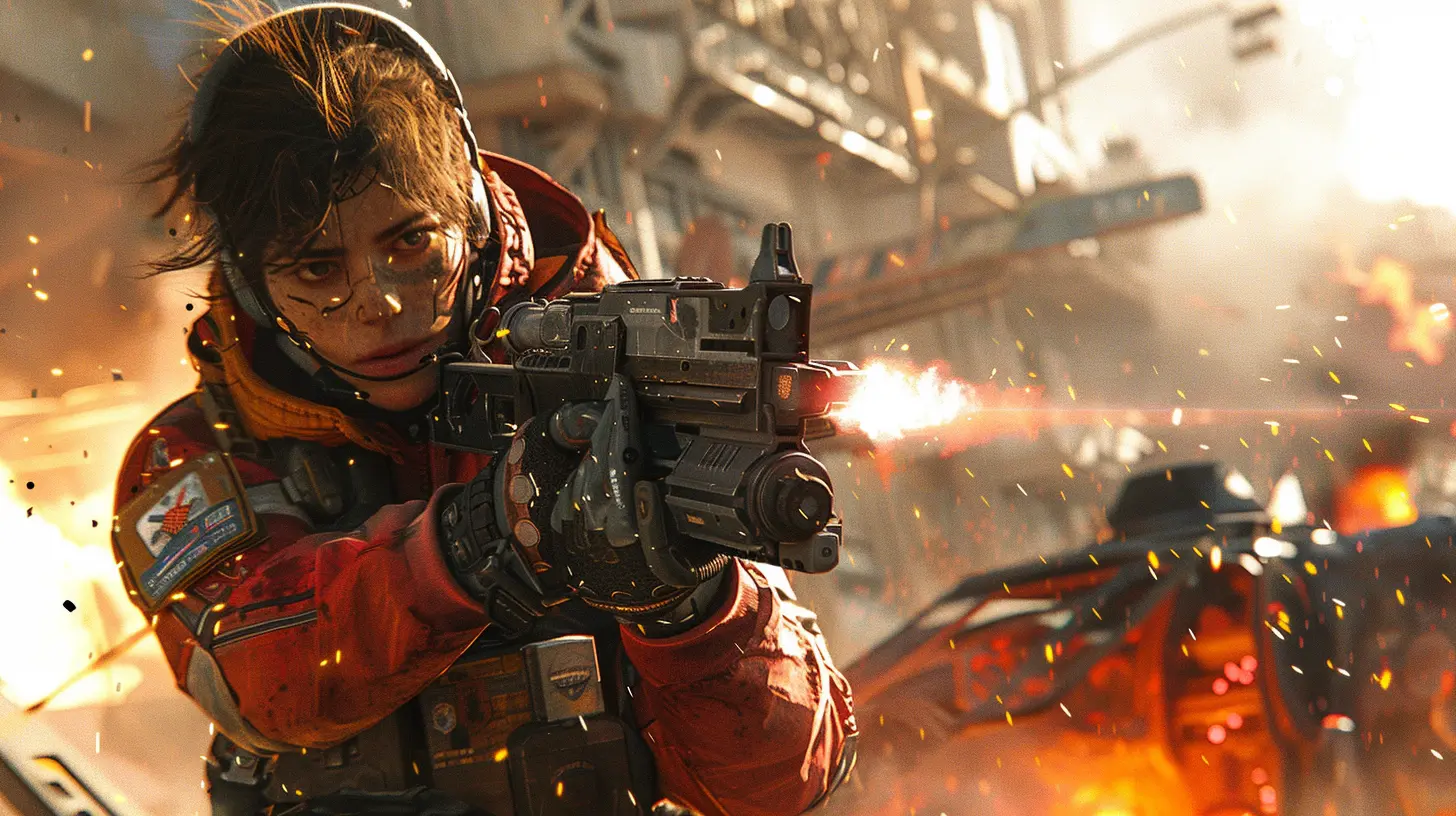
Breaking It Down: The Role of Customization in Action Gameplay
Customization isn’t just about adding a "cool factor." It actually enhances core aspects of the action gameplay experience. Let’s break it down:A) Enhancing the Gameplay Loop
Action games are known for their adrenaline-pumping combat and high-stakes decision-making, right? But even the best-designed mechanics can feel repetitive over time. Customization keeps things exciting. Whether you're swapping out your loadout in Call of Duty or choosing skill perks in Far Cry, these options give players a sense of fresh challenges every time they log in.B) Freedom to Strategize
Not everyone tackles an enemy horde the same way. Some of us prefer stealthy takedowns, while others lean into all-out chaos. Customization allows for multiple approaches to the same objective. Take The Last of Us Part II as an example—players can choose which abilities to upgrade or whether to craft offensive or defensive tools based on their playstyle.C) Accessibility and Comfort
This one’s huge. Customization isn’t just about aesthetics or gameplay—it’s also about comfort. Difficulty settings, control remapping, and even visual adjustments (like colorblind modes) ensure that everyone can enjoy the game in a way that works for them. This inclusive approach is a win-win for gamers and developers alike.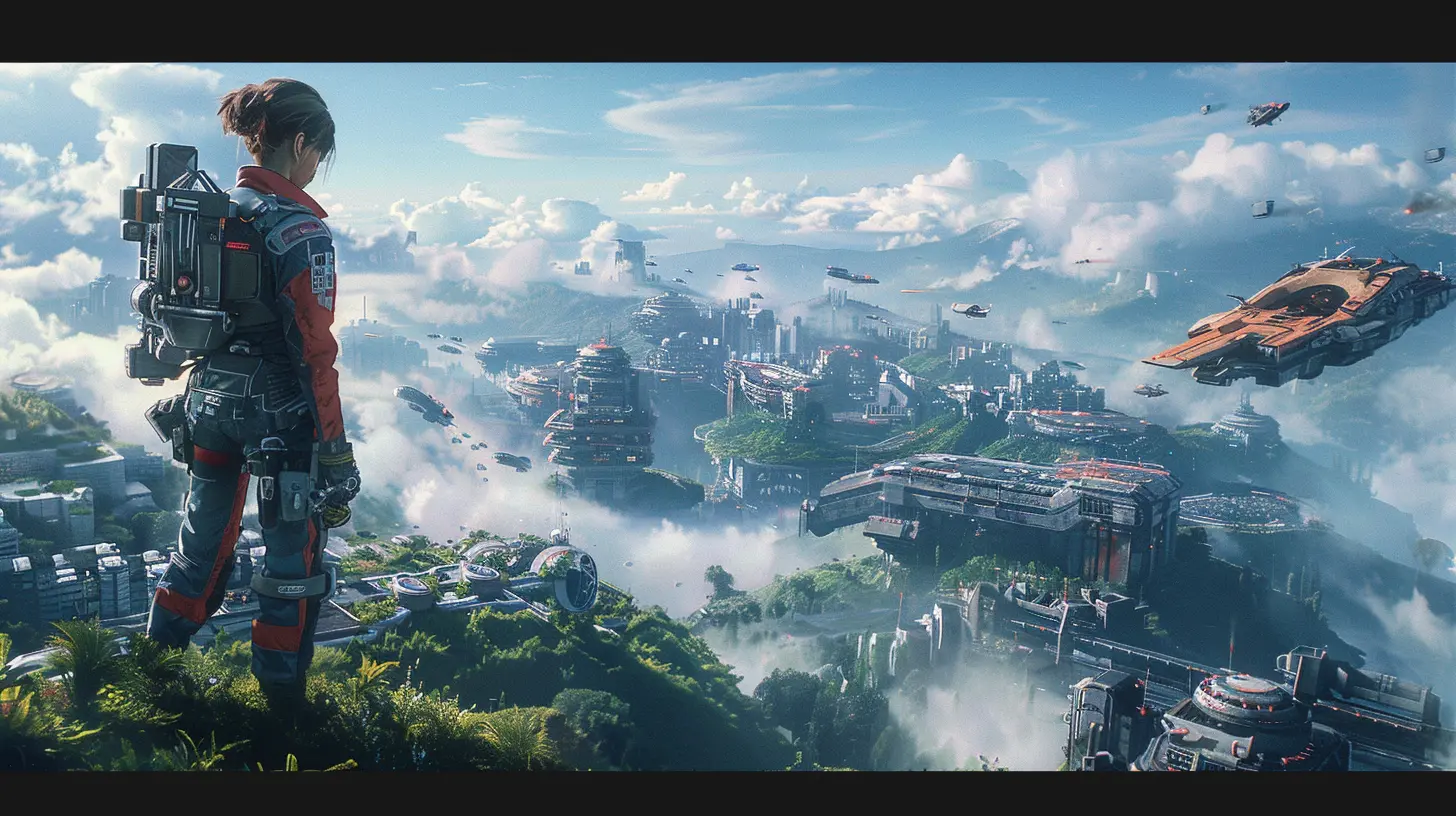
Why Developers Keep Pushing Customization
If you’re wondering why so many game studios are putting a ton of effort into customization features, it’s simple: player satisfaction equals loyalty. When players feel valued and seen, they’re more likely to stick with a franchise or recommend a game to others.1. Revenue Opportunities
Let’s be honest—customization can also be a moneymaker. Skins, weapon packs, and other cosmetic DLC help developers earn extra cash without compromising the core gameplay. Players are happy because they’re getting more options, and developers are happy because, well, $$$.2. Keeps the Community Engaged
Games today are more than just entertainment; they’re social spaces. Customization fuels that sense of community. Whether it’s sharing screenshots of your badass character on social media or debating the best skill builds on Reddit, personalized elements keep players talking.Examples of Games That Nail Customization
Let’s give a shoutout to some games that absolutely crush it in the customization department:- Fortnite: Known for its wildly creative skins and emotes, it allows players to truly stand out in every match.
- Elden Ring: Build variety is the name of the game here, with countless ways to spec your character.
- Grand Theft Auto Online: From your car’s paint job to the way you dress, nearly everything is customizable.
These games prove that when customization is done right, it becomes a cornerstone of the overall experience.
The Future of Customization in Action Games
So, what’s next? As technology continues to evolve, so does the potential for even deeper customization. Imagine AI-driven characters that adapt to your decisions on a whole new level, or VR experiences where you can physically craft your weapons. The possibilities are endless, and the demand is only growing.Developers who embrace this wave of personalization are poised to create the next generation of immersive gaming. Meanwhile, players will keep pushing for more—because once you've tasted the freedom of shaping your own adventure, there’s no going back.
Wrapping It Up
At the end of the day, customization has become far more than a “nice-to-have” feature—it’s a crucial part of what makes action games so engaging. It allows us to insert ourselves into the story, play how we want, and keep coming back for more. Whether you're tinkering with your character’s hairstyle or deciding how to approach a daunting boss fight, customization turns a great game into an unforgettable one.So the next time you dive into an action game, take a moment to appreciate those little tweaks and options. They’re not just details—they’re the key to a truly immersive experience.

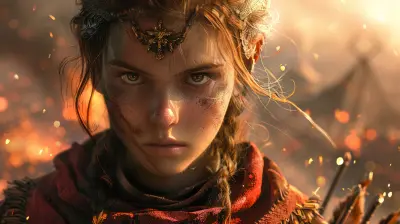



Iris Bellamy
Customization enhances player connection and game immersion.
April 15, 2025 at 2:28 PM